News and features
Read the latest news and features about our world-leading research, discoveries, fundraising and philanthropy. If you want to keep updated on our news, you can follow us on social media or sign up for our Search newsletter.
If you’re a journalist and want to find out more, you can contact our media relations team.
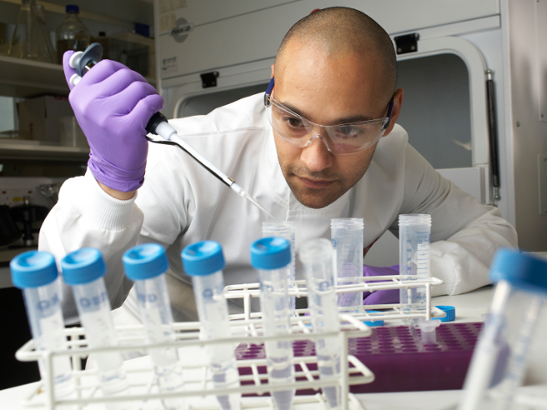
The death of cancer? Part 3: Searching for cure or long-term control
In the last instalment of a three-part essay reflecting on five decades of cancer treatment advances, ICR CEO Professor Paul Workman explores the transition from classical chemotherapy drugs to new molecularly targeted treatments and immunotherapy, and discusses the attitudes and language used in the drive to defeat cancer.
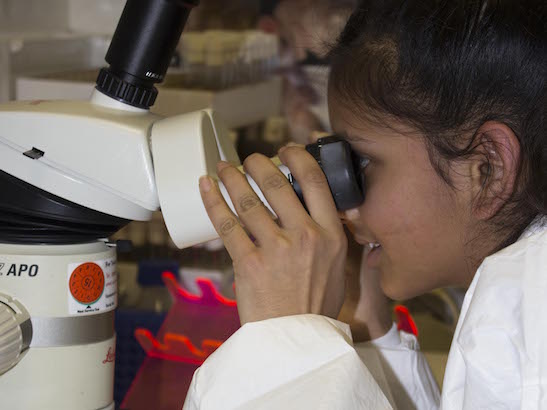
London students gain experience of life in a breast cancer research lab
Students from Wembley High Technology College visited The Breast Cancer Now Toby Robins Research Centre at The Institute of Cancer Research, London, to learn how they could become the cancer researchers of the future.
-and-actin-(green)-julia-sero-the-icr-2011.jpg?sfvrsn=14c02140_2)
‘Ecologically diverse’ breast cancers more likely to be deadly
Breast cancers which are particularly complex and diverse, as judged by a test used in ecology to analyse species of animals and plants, are particularly likely to progress and lead to death, a new study shows.

New viral-radiotherapy combination could treat prostate cancers
Scientists have developed a new viral therapy that is capable of killing prostate cancer cells, and found it is even more effective when combined with a type of radiotherapy.

Researchers map key stage in cell division
Scientists have developed a mathematical model that describes a key step in human cell division – and an important target for cancer treatment – in unprecedented detail.
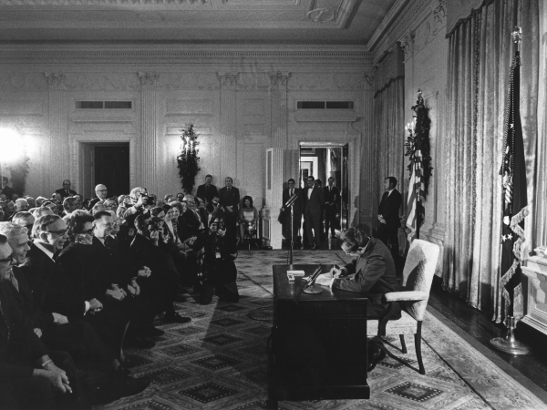
The death of cancer? Part 2: the War on Cancer and the politics of drug access
In a special, three-part essay, ICR Chief Executive Professor Paul Workman reflects on five decades of advances in cancer treatment – inspired by The Death of Cancer, an account by the clinical research pioneer Vincent DeVita. In part two, he explores the huge political repercussions of those early breakthroughs in treatment.
.jpg?sfvrsn=2576bc1a_2)
Using the laws of nature to predict tumour growth
Research is enabling scientists to anticipate how different cancers evolve in the body, opening up the possibility of being able to predict how cancers change with time.

Scientists discover how breast cancer cells spread from blood vessels
Researchers have identified a protein that controls how breast cancer cells spread around the body, according to a new study.
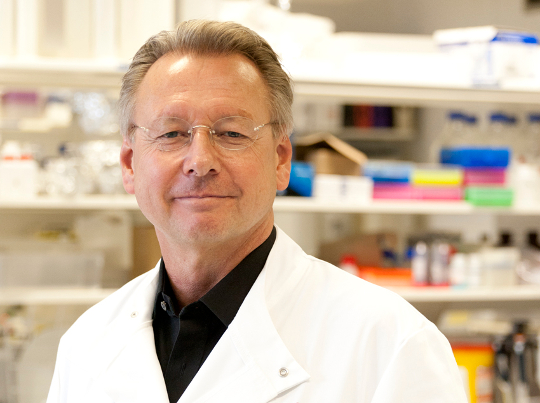
The death of cancer? Part 1: the birth of effective drug therapy
In a special, three-part essay to mark World Cancer Day, ICR Chief Executive Professor Paul Workman reflects on five decades of advances in cancer treatment – inspired by The Death of Cancer, an account by early pioneer Vincent DeVita. In part one, Professor Workman discusses the early days of chemotherapy.

World Cancer Day 2016: a global perspective from the ICR
On World Cancer Day, we wanted to recognise our many global collaborators who work with us to make the discoveries that defeat cancer.
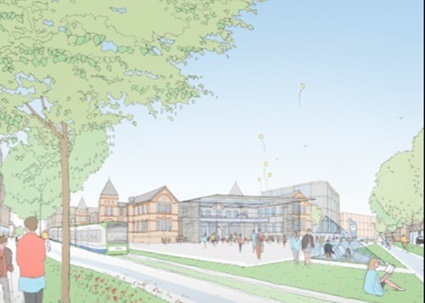
Plans unveiled for The London Cancer Hub – the UK’s new global centre for cancer research and treatment
A new global hub for cancer research and treatment is to be established in London with the aim of accelerating the discovery of new treatments.
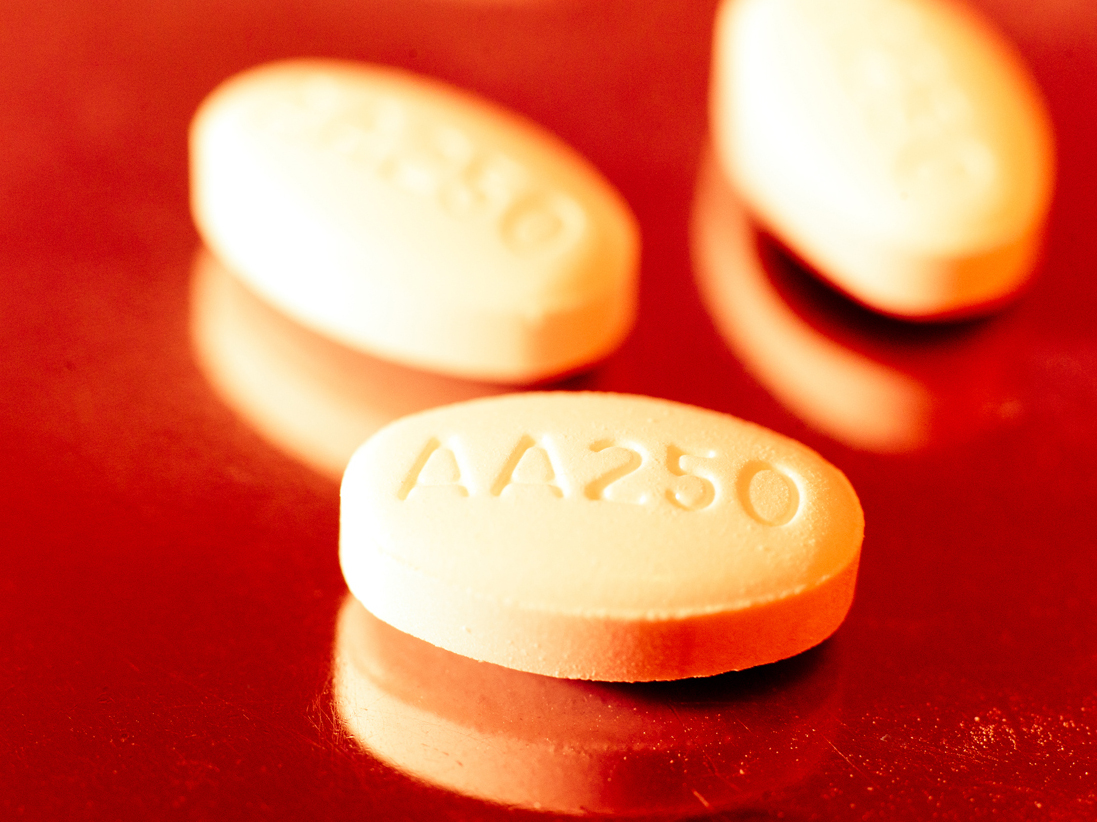
ICR sells portion of its projected abiraterone royalties
The Institute of Cancer Research, London, has sold a portion of its royalty entitlement for the prostate cancer drug abiraterone for an undisclosed sum.
